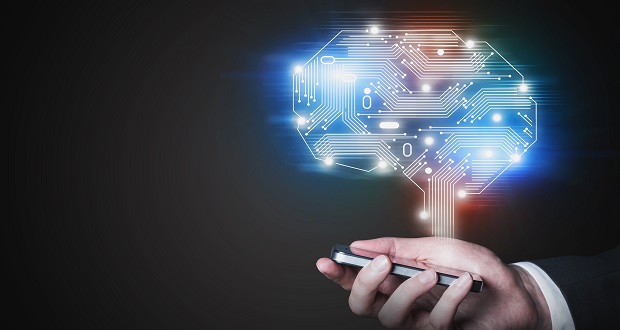
(DEPOSIT PHOTOS)
The EEOC recently held a public hearing to examine the use of automated systems, including artificial intelligence (AI), in employment decisions.
Increasingly, employers are using automated systems to make employment decisions, including the recruitment, hiring, monitoring, and firing of workers.
During the hearing, titled “Navigating Employment Discrimination in AI and Automated Systems: A New Civil Rights Frontier,” the Commission heard from witnesses ranging from computer scientists, civil rights advocates, legal experts, industrial-organizational psychologists, and employer representatives.
“The use and complexity of technology in employment decisions is increasing over time,” said EEOC Chair Charlotte A. Burrows. “The goals of this hearing were to both educate a broader audience about the civil rights implications of the use of these technologies and to identify next steps that the Commission can take to prevent and eliminate unlawful bias in employers’ use of these automated technologies. We will continue to educate employers, workers and other stakeholders on the potential for unlawful bias so that these systems do not become high-tech pathways to discrimination.”
The witnesses discussed how discrimination may occur when employers use automated systems. The discussion also included ways in which AI and automated systems in the workplace might support or hinder diversity, equity, inclusion, and accessibility (DEIA) efforts.
The hearing continues the work of the EEOC’s AI and Algorithmic Fairness Initiative, an agency-wide initiative to ensure that the use of software, including AI and other emerging technologies used in hiring and other employment decisions, complies with the federal civil rights laws that the EEOC enforces.
As a part of this initiative, the EEOC published a technical assistance document titled The Americans with Disabilities Act and the Use of Software, Algorithms, and Artificial Intelligence to Assess Job Applicants and Employees. The Commission’s last hearing on this subject was in 2016, when the agency explored the implications of big data in the workplace. The recent hearing focused on ensuring that the agency responds to the latest developments in the use of automated technology in employment.
The witnesses included experts from the American Civil Liberties Union (ACLU), the U.S. Chamber of Commerce, Brown University, Washington University School of Law, Massachusetts Institute of Technology, and several others.
Almost 2,950 members of the public attended the hearing.
 New England Biz Law Update
New England Biz Law Update
